Another step towards sonic liquid treatment
Echo 650 series acoustic liquid handlers are ideal for high throughput applications. They allow volume transfer as low as 2.5 nL from 384-well and 1536-well microplates. As your research needs change, upgrade packages are offered that allow additional Echo-standard sample tube features.
Echo 650 Series – Acoustic Liquid Handlers
- Enables assay miniaturization in a broad range of applications
- Transfer from 384-well and 1536-well microplates
- Accurate, precise, contact-free acoustic transfer in volumes as low as 2.5 nL
- Transfer from Echo Qualified sample tubes* and microplates
| Drop volume | 2.5 nL |
| Volume transfer range | 2.5 nL – 5 µL (dependent on fluid type, assay, and source plate used) |
| Reagents supported | DMSO, PCR and qPCR reagents, synthetic biology reagents, NGS reagents, primers and probes, cell culture media, proteins, nucleic acids, up to 50% glycerol, serum, plasma, antibodies, enzymes, and protein crystallography reagents |
| Transfer accuracy | <10% deviation from target volume |
| Transfer precision | <8% CV (except protein crystallography fluid class) |
| Source labware compatibility | All Echo Qualified 384- and 1536-well Microplates |
| Destination labware compatibility | All Echo Qualified Microplates and most ANSI-compliant/SBS-standard microplates in 96-, 384-, 1536-, and 3456-well formats 8 to 16 mm well height |
| Barcode reader options | Short-side and/or long-side |
| Dimensions | 53.9 cm width x 68.3 cm depth x 92.5 cm height (21.2 x 26.9 x 36.4 inches) |
| Weight | 130 kg (286 lbs) |
| Working envelope | Additional 25.4 cm (10 inches) on top, 2.5 cm (1 inch) on sides, 7.6 cm (3 inches) at front, 30.5 cm (12 inches) at back |
| Electrical | AC 120V, 50/60 Hz, 10 A or AC 230V, 50/60Hz, 5 A |
| Operating temperature | 21°C ± 5°C (70°F ± 9°F) |
| Vacuum | House supply minimum 200 Torr (266 mbar, 22 inches Hg Vac) OR Standalone vacuum with surge tank, minimum pump speed 2.0 m3/hr, minimum pressure 100 Torr (133 mbar, 26 inches Hg Vac) |
| Fluid class calibration | No calibration needed |
Key Benefits
- Measure DMSO hydration levels to gain insights into sample integrity and improve transfer quality
- Elimination of compound loss, cross-contamination, carryover, or leachates through non-contact transfer
- Accurate and precise transfer of nanoliter-scale quantities, enabling assay miniaturization, further reducing costs
- Better results through direct dilution of compounds, an improvement over serial dilution methods
- Flexibility to transfer any volume of liquid from any source well to any destination well
Acoustic Sample Tube Management
The FluidX AcoustiX Sample Tube (FAST) was developed in collaboration with and is sold by Brooks Life Sciences for ultra-high-density sample storage. The acoustic tube offers the following benefits:
- Echo Qualified design – compatible with Echo 650T and 655T Liquid Handlers
- Preserves sample integrity from storage to screen
- Miniaturize upstream liquid handling steps to conserve sample
- Rapidly pick sets of samples for targeted screening
Workflow Automation
To meet the broad spectrum of sample throughput needs, Echo 650 Series Liquid Handlers seamlessly integrate with the highly configurable Access™ Dual Robot System accommodating a wide variety of devices and enabling a fully automated workflow.
- Configured to achieve optimal throughput for sample management workflows
- Compact and ergonomic design with docking modules, turntables, retractable shelves, and drawers
- Optional features can include environmental management to protect samples from hydration or evaporation
The New Sound of Sample Management
The Echo 655T Liquid Handler supports sample transfer directly from Echo Qualified sample tubes, enabling a fully non-contact liquid handling workflow from sample storage all the way to assay ready plates. The Echo 655T Liquid Handler is capable of transferring as little as 2.5 nL from 384-well and 1536-well microplates, and now, from sample tubes arrayed in a 96-tube format. Additionally, it transfers at the highest speed to meet the needs of high-thoughput biochemical and cell-based screening.

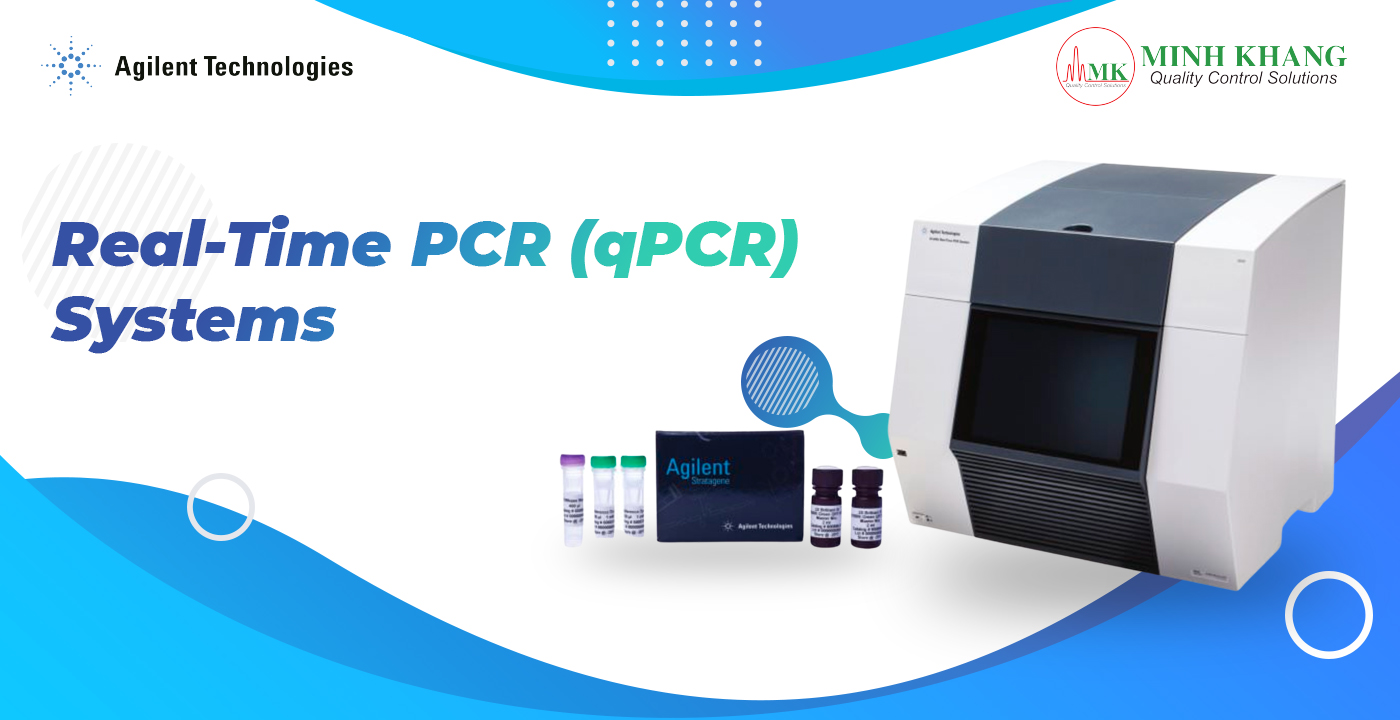
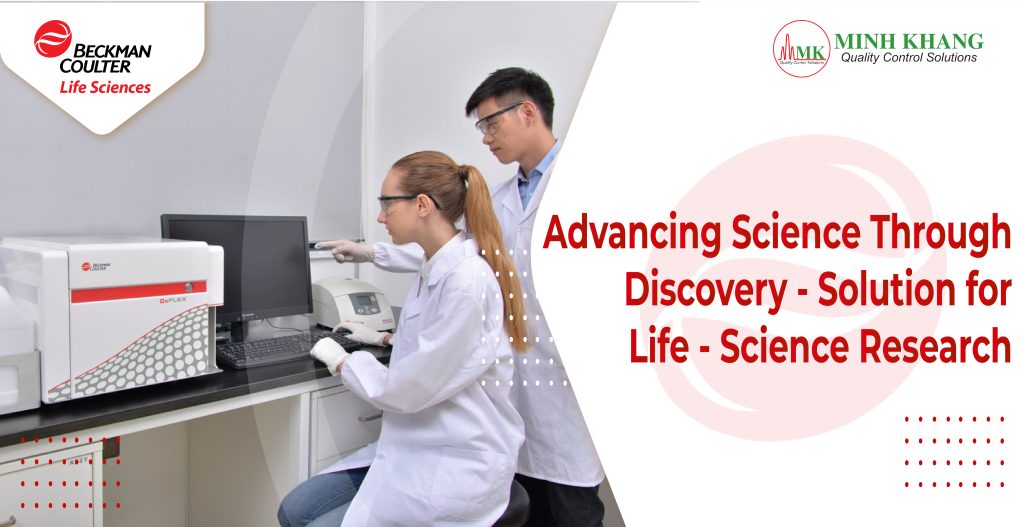
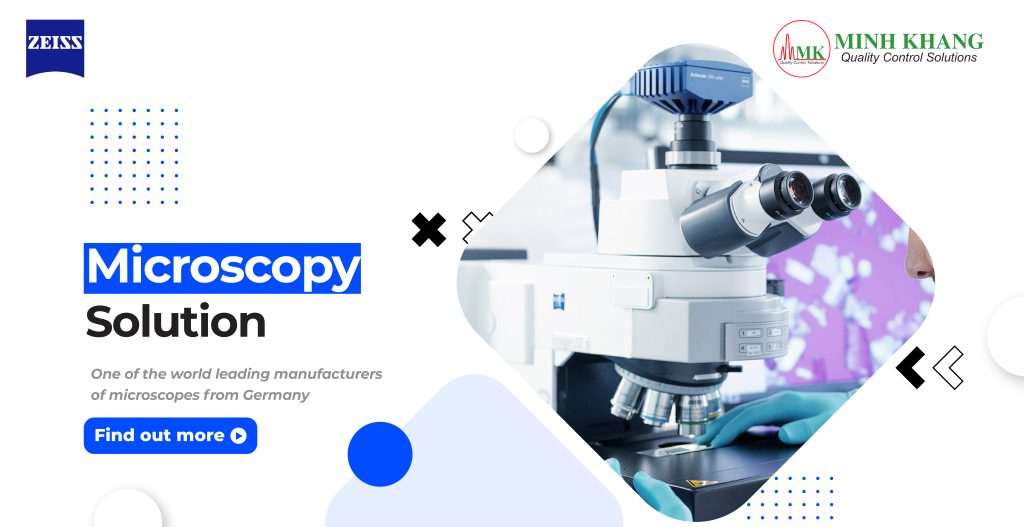
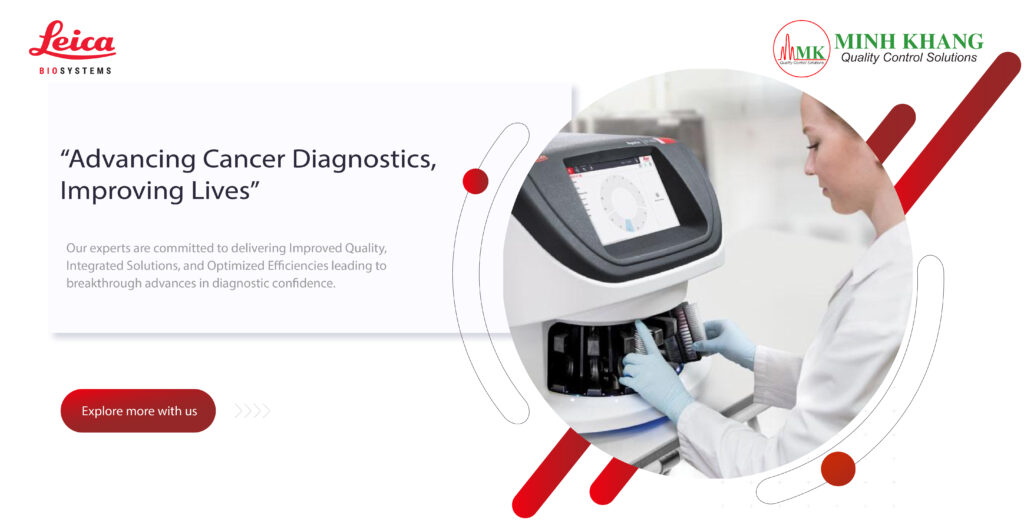




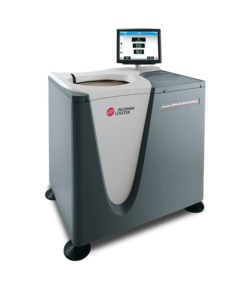
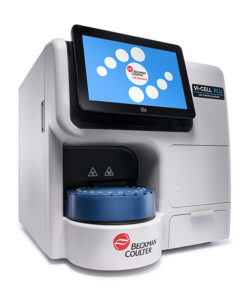
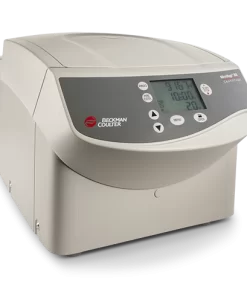
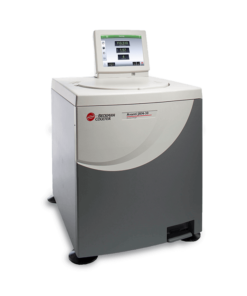
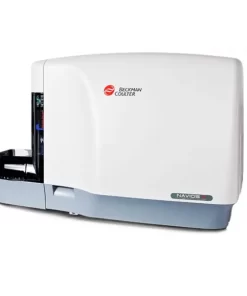
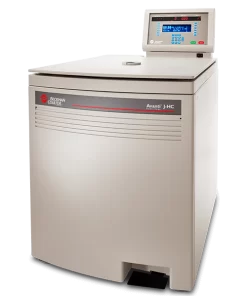
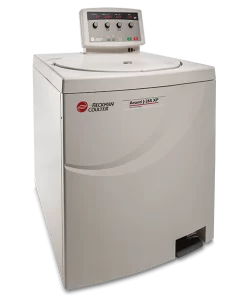
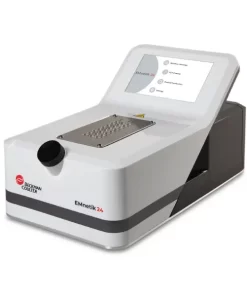
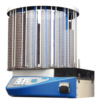
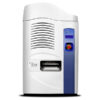

 VI
VI